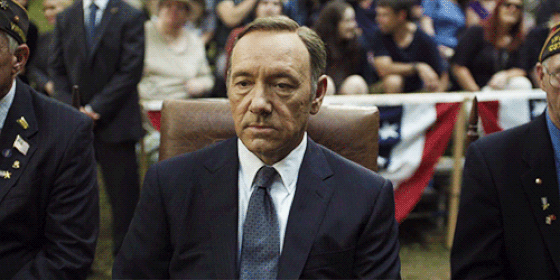Netflix CEO: All TV Will Be On The Internet In Twenty Years
Shit is going onto the internet, yo. All of the television materials will be for you to download through the bandwidth pipes. That is, if you believe the CEO of Netflix. Me? I kind of, I kind of do.
2015 has seen huge growth for TV streaming services like Amazon, Hulu and Netflix. In recent days, there’s been some buzz behind the competition between the platforms, especially those last two. Hulu’s library got a major upgrade with the addition of those big budget Epix movies, and Netflix reported the influx of 3.3-million new subscribers over this last quarter. Hell, Amazon leveled up their own Instant Video profile with the Emmy recognition Transparent receivedover the weekend.
What does this all mean? If anything, these are a few more blows to the dated — and costly — platform that is cable television as we currently know it and the cord cutting trend is only going to increase. Netflix Chairman and CEO Reed Hastings sat down with Jim Cramer at CNBC and predicted how TV will be completely internet based within the next two decades. Speaking as someone who accesses this sort of entertainment solely through mobile apps and streaming services, it sounds like his prediction holds weight.
Adding to Hastings comments, Cramer pointed out that just 13 years ago, “Netflix traded at just 85 cents a share.” This past Friday, it closed at $102 a share. Hastings pointed towards the success of original programming like Orange is the New Black, House of Cards and Daredevil as the reason for the phenomenal growth rate they’ve achieved:
“It’s really the Internet. The Internet is transforming so many sectors of our economy, and we are Internet TV; and that sector has grown from very small 15 years ago to starting to be significant now.”
To maintain their significance in this expanding playing field, Hastings said their focus continues to be analytics based. “We are just a learning machine. Every time we put out a new show, we are analyzing it, figuring out what worked and what didn’t so we get better next time,” Hastings said.




